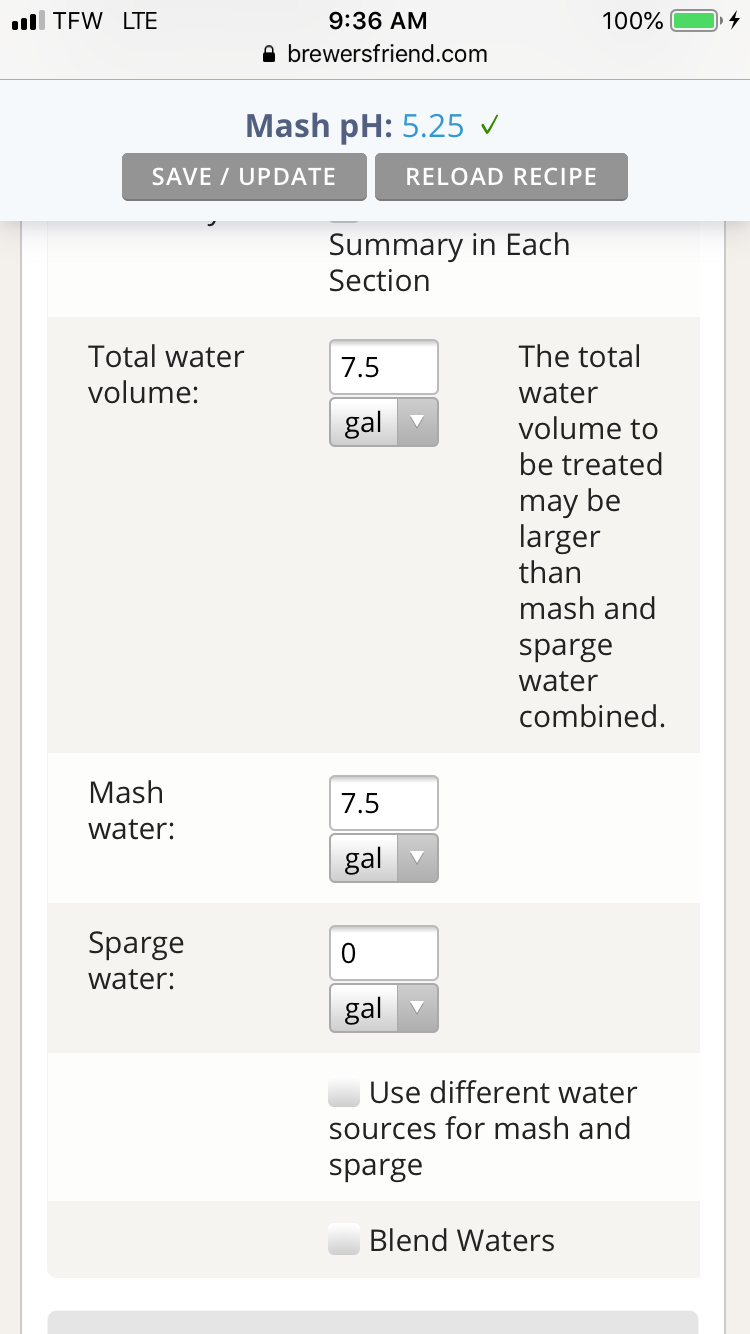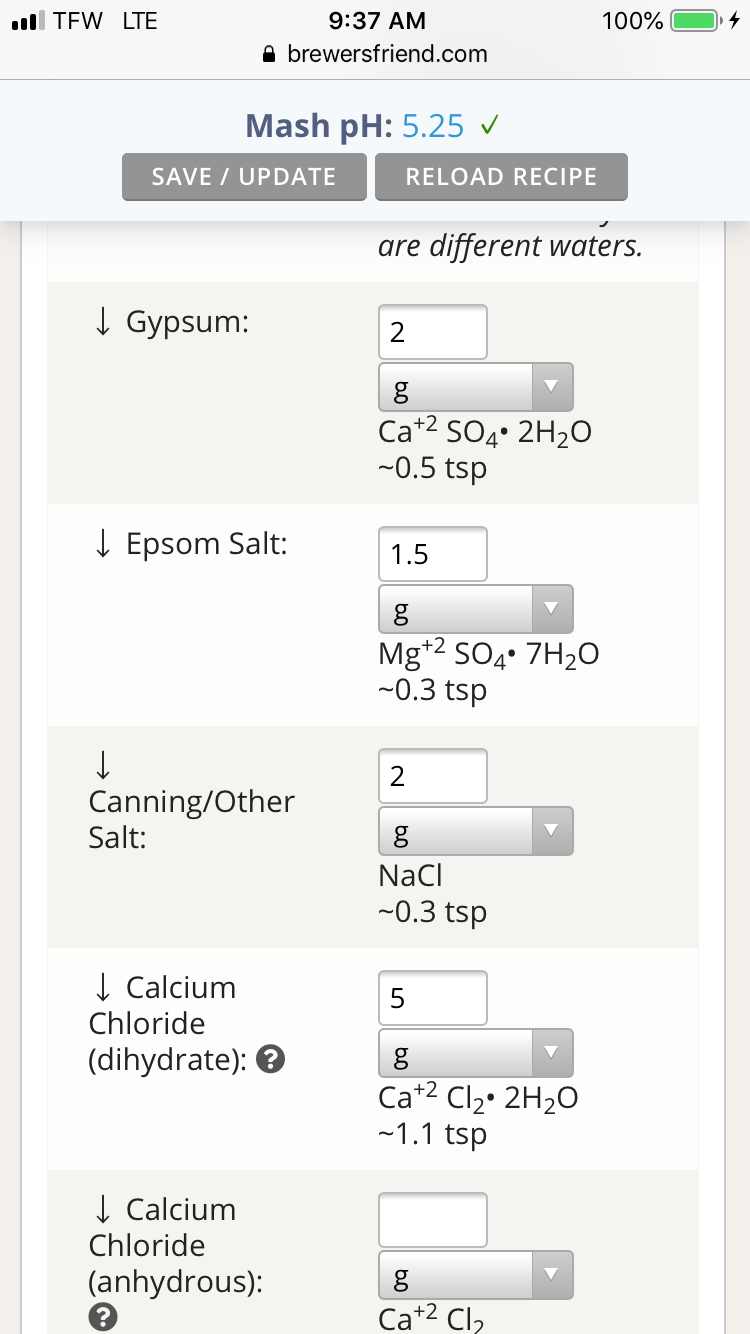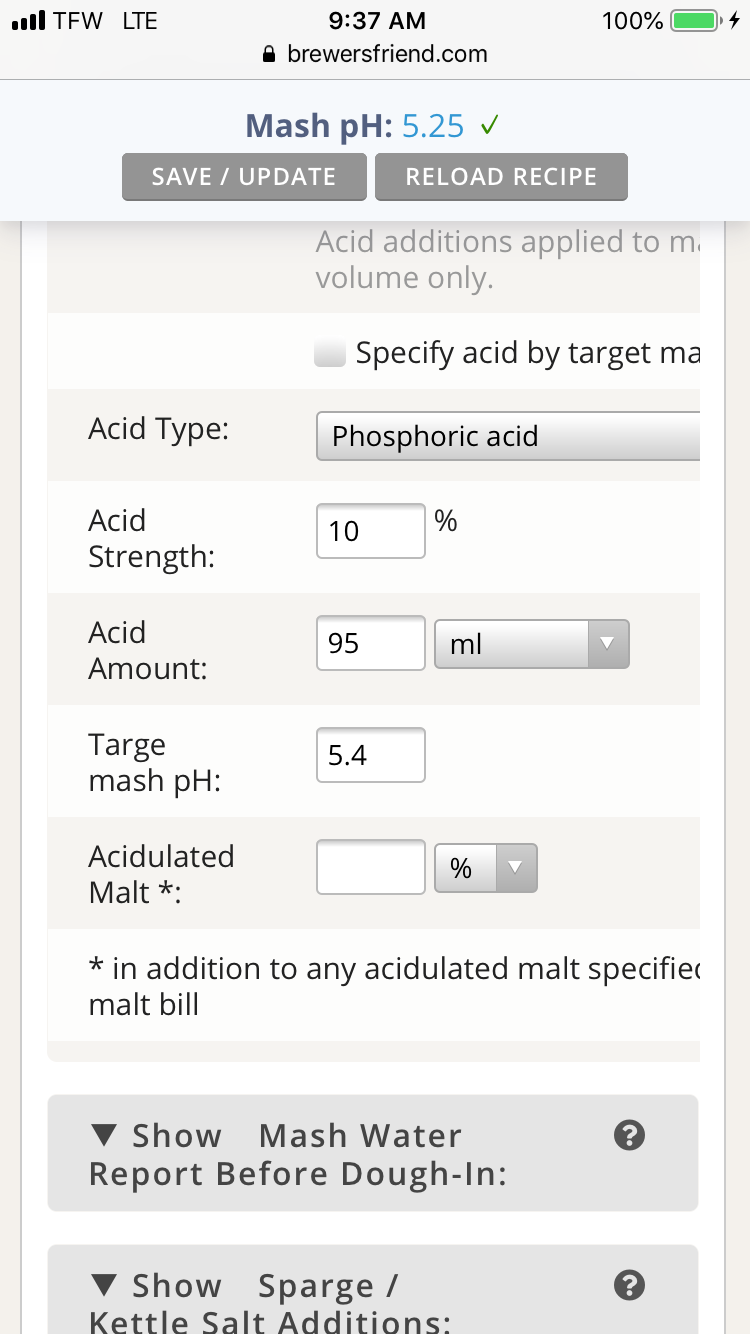HopsAreGood
Well-Known Member
So I’ll preface this by saying I’ve done probably over 100 brews with the same brew in a bag set up. I’ve never had any issues with the bag not draining at all, until the last two brews that I’ve done, and I have no idea why. It’s incredibly frustrating and I discussed it with another well respected member here and he can’t seem to figure it out either. Any help would be greatly appreciated.
The last brew that I did was no different than any other I’ve done before. Except, when I went to pull the bag it seemed that the grain had completely absorbed the water and was not draining at all. Typically when I pull the bag it’ll start draining pretty quickly and then I put it on top of a grate that sits on top of the kettle. I let it drain for a few minutes and then I squeeze it and that’s it. Super simple and it always goes the same way. This time though, no matter what I did there was no liquid coming through. The bag had blown up like a balloon and was extremely heavy and seemed to just retain all of the grain and all of the liquid. It was suggested that the bag might be dirty or clogged from previous uses so I went ahead and purchased a new bag to try and eliminate the problem completely. (If that was the problem)
Fast forward to today and the same exact thing happened even though I was using a brand new clean bag. Everything I did leading up to pulling the bag was exactly like I’ve done in the past, and I have no idea what is going on. When I pulled the bag it just blew up like a balloon and held all of the liquid and all of the grain in. Even when squeezing the bag it wasn’t coming through, it was just kind of sloshing around inside. It was way way heavier than usual, because obviously nothing was coming out. It’s incredibly frustrating and I’m nervous to even try again because I don’t know why it’s doing this.
I have done all kinds of grain bills with varying levels of high-protein/gummy make ups And never had this problem.
The first batch where I had this problem was :
64% 2-row
18% malted oats
18% spelt
The second batch was:
67% 2-row
33% malted oats
Just for reference I’ve done 50% malted oats in the past, i’ve done 33% 2-row, 33% wheat, 33% oats, etc....And never had this problem.
Can anyone figure out what might be going on?
Also, here are a few pictures of the grain after I dumped it out into the grass. I’m not sure if this will help but who knows.

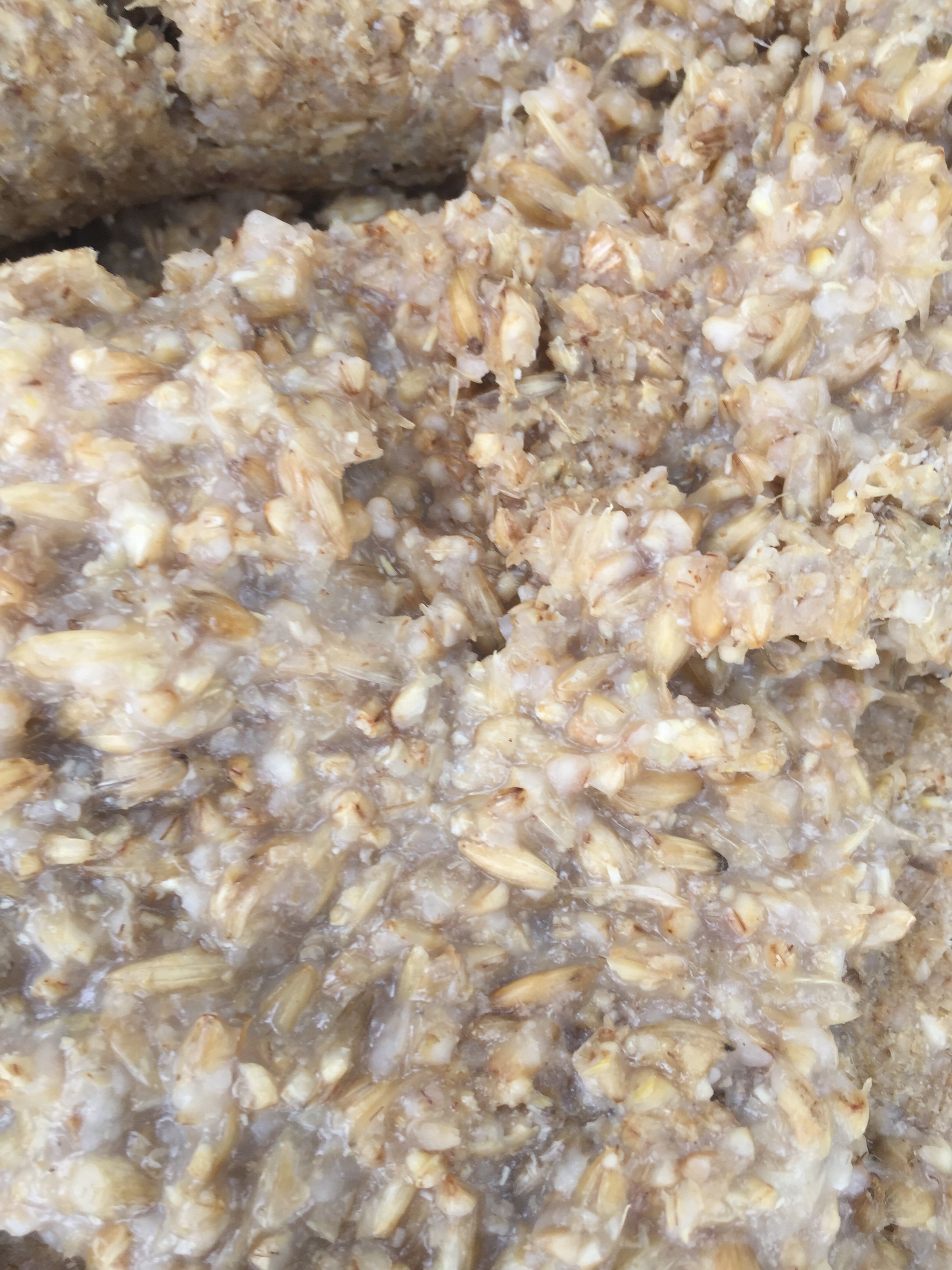
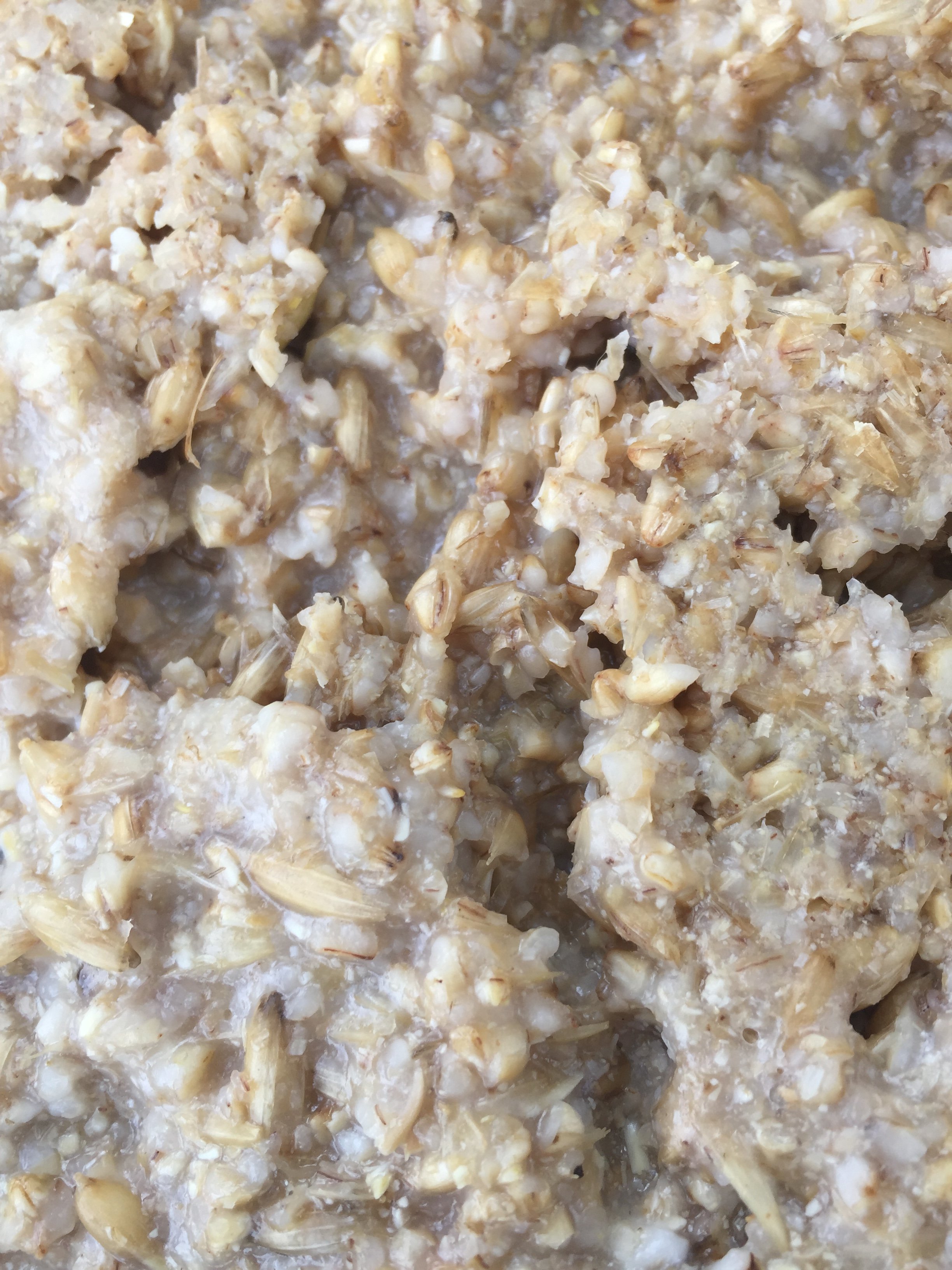
Thank you in advance!
The last brew that I did was no different than any other I’ve done before. Except, when I went to pull the bag it seemed that the grain had completely absorbed the water and was not draining at all. Typically when I pull the bag it’ll start draining pretty quickly and then I put it on top of a grate that sits on top of the kettle. I let it drain for a few minutes and then I squeeze it and that’s it. Super simple and it always goes the same way. This time though, no matter what I did there was no liquid coming through. The bag had blown up like a balloon and was extremely heavy and seemed to just retain all of the grain and all of the liquid. It was suggested that the bag might be dirty or clogged from previous uses so I went ahead and purchased a new bag to try and eliminate the problem completely. (If that was the problem)
Fast forward to today and the same exact thing happened even though I was using a brand new clean bag. Everything I did leading up to pulling the bag was exactly like I’ve done in the past, and I have no idea what is going on. When I pulled the bag it just blew up like a balloon and held all of the liquid and all of the grain in. Even when squeezing the bag it wasn’t coming through, it was just kind of sloshing around inside. It was way way heavier than usual, because obviously nothing was coming out. It’s incredibly frustrating and I’m nervous to even try again because I don’t know why it’s doing this.
I have done all kinds of grain bills with varying levels of high-protein/gummy make ups And never had this problem.
The first batch where I had this problem was :
64% 2-row
18% malted oats
18% spelt
The second batch was:
67% 2-row
33% malted oats
Just for reference I’ve done 50% malted oats in the past, i’ve done 33% 2-row, 33% wheat, 33% oats, etc....And never had this problem.
Can anyone figure out what might be going on?
Also, here are a few pictures of the grain after I dumped it out into the grass. I’m not sure if this will help but who knows.



Thank you in advance!





